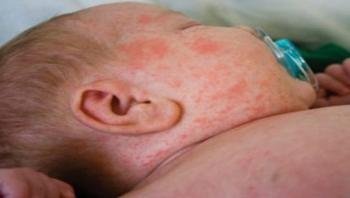
News



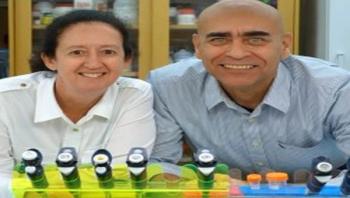
The last time you were in the doctor’s office for a vaccine booster shot, did you wonder why you needed one? Exactly how booster shots offer long-term protection from viruses has long been a mystery to scientists. Now, a new study from scientists at The Scripps Research Institute (TSRI) helps explain how booster shots prompt immune “memory” to improve, an important step toward the development of more effective, longer-lasting vaccines. The findings were published online ahead of print on Feb. 2 in the journal Nature Immunology.

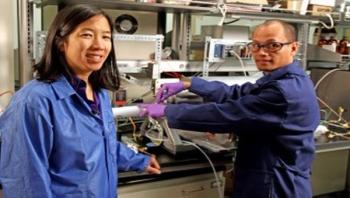
Linsey Marr, a professor in the Charles E. Via Jr. Department of Civil and Environmental Engineering at Virginia Tech, is obsessed with flu transmission. This time of year, she’s not alone. Hand sanitizers and cough drops abound, and banners outside drugstores and doctors’ offices proclaim, “Get your flu shot.”





Clinicians should maintain a high index of suspicion and consult their local and state health departments and CDC when ill travelers from Ebola-affected countries are identified; it is important to recognize that the likelihood of EVD even among symptomatic travelers returning from these countries is very low. In the hospital setting, where policies and procedures should be in place to safeguard health care workers, consideration of Ebola should not delay diagnostic assessments, laboratory testing, and appropriate care for other, more likely medical conditions.

Drugs for HIV have become adept at suppressing infection, but they still can't eliminate it. That's because the medication in these pills doesn't touch the virus' hidden reserves, which lie dormant within infected white blood cells. Unlock the secrets of this pool of latent virus, scientists believe, and it may become possible to cure -- not just control -- HIV.

In a recent study published in the Journal of the American Medical Association (JAMA)1, Noto et al. found that in a “single-center, multi-ICU, cluster randomized, crossover study, once daily bathing with chlorhexidine did not reduce the rate of the composite primary outcome of infections including central-line associated bloodstream infections (CLABSI), catheter-associated urinary tract infections (CAUTI), possible or probable ventilator-associated pneumonia (VAP), or infection with C difficile.” The authors further concluded that these findings do not support daily bathing of critically ill patients with chlorhexidine.


Craigslist's entry into a market results in a 15.9 percent increase in reported HIV cases, according to research from the University of Minnesota published in the December issue of MIS Quarterly. When mapped at the national level, more than 6,000 HIV cases annually and treatment costs estimated between $62 million and $65.3 million can be linked to the popular website.








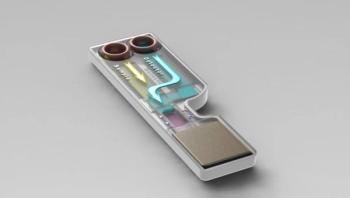
Finding out whether you have been infected with dengue may soon be as easy as spitting into a rapid test kit. The Institute of Bioengineering and Nanotechnology (IBN) of A*STAR has developed a paper-based disposable device that will allow dengue-specific antibodies to be detected easily from saliva within 20 minutes. This device is currently undergoing further development for commercialization.



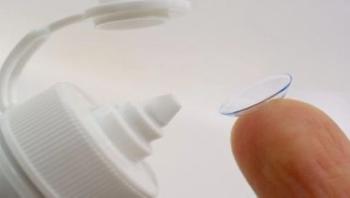
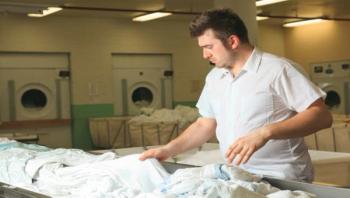
This report addresses the concept of "hygienically clean" healthcare textiles, explores the healthcare laundry process, and reviews reports of infections associated with contaminated healthcare textiles. It also provides some instruction on best practices from regulatory agencies and associations.